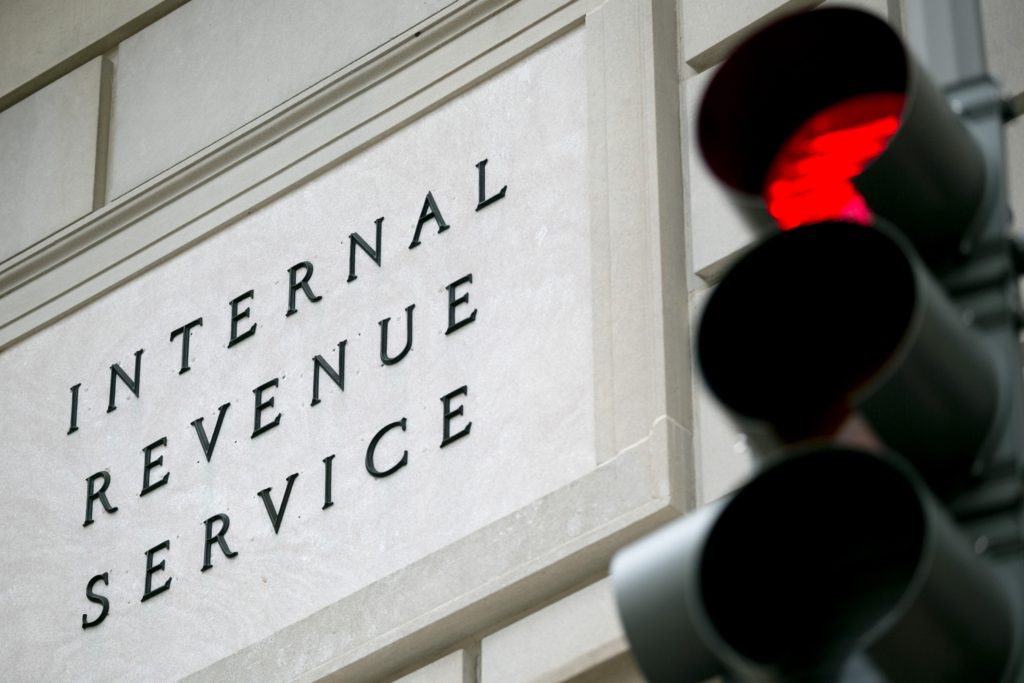IRS, under fire from critics, moves away from use of facial recognition technology

The Internal Revenue Service backtracked Monday from a plan to use facial recognition software from a third-party company for taxpayer authentication after hearing criticism from lawmakers in both parties as well as privacy advocates.
The IRS said the transition would occur over the coming weeks to prevent larger disruptions for taxpayers during filing season. The IRS had started implementing technology from the company ID.me this year to authenticate taxpayers setting up new online accounts, requiring them to submit a government document like a passport or a driver’s license, as well as a selfie, and planned to fully roll out the program this summer for users with existing taxpayer accounts. But the system has provoked an outcry among privacy advocates and members of Congress (see story). Beyond the privacy considerations, they complained that facial recognition technology often discriminates against people of color, and the authentication process sometimes takes hours to complete.
The IRS still wants to safeguard taxpayers from identity theft after a number of its online self-service tools such as Get Transcript have been exploited in recent years by cybercriminals who stole identifying information from millions of taxpayers (see story). During the transition period, the IRS said it would quickly develop and bring online an alternative authentication process that doesn’t involve facial recognition. The IRS also plans to continue to work with other parts of the government to develop authentication methods that protect taxpayer data and allow broad access to online tools.
“The IRS takes taxpayer privacy and security seriously, and we understand the concerns that have been raised,” said IRS Commissioner Chuck Rettig in a statement. “Everyone should feel comfortable with how their personal information is secured, and we are quickly pursuing short-term options that do not involve facial recognition.”

Andrew Harrer/Bloomberg
ID.me, when asked for comment, referred questions to the IRS.
The IRS noted that the transition wouldn’t interfere with a taxpayer’s ability to file a tax return or pay taxes as the ID.me technology hasn’t been required for paying or filing taxes online. During the transition period, the IRS will continue to accept tax filings, and it has no other impact on the current tax season. Taxpayers and preparers should continue to file taxes as they normally would.
Senate Finance Committee chairman Ron Wyden, D-Oregon, who was among the lawmakers urging the IRS to reconsider its use of facial recognition technology, welcomed the change. “The Treasury Department has made the smart decision to direct the IRS to transition away from using the controversial ID.me verification service, as I requested earlier today,” Wyden said in a statement Monday. “I understand the transition process may take time, but I appreciate that the administration recognizes that privacy and security are not mutually exclusive and no one should be forced to submit to facial recognition to access critical government services.”


